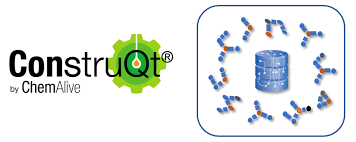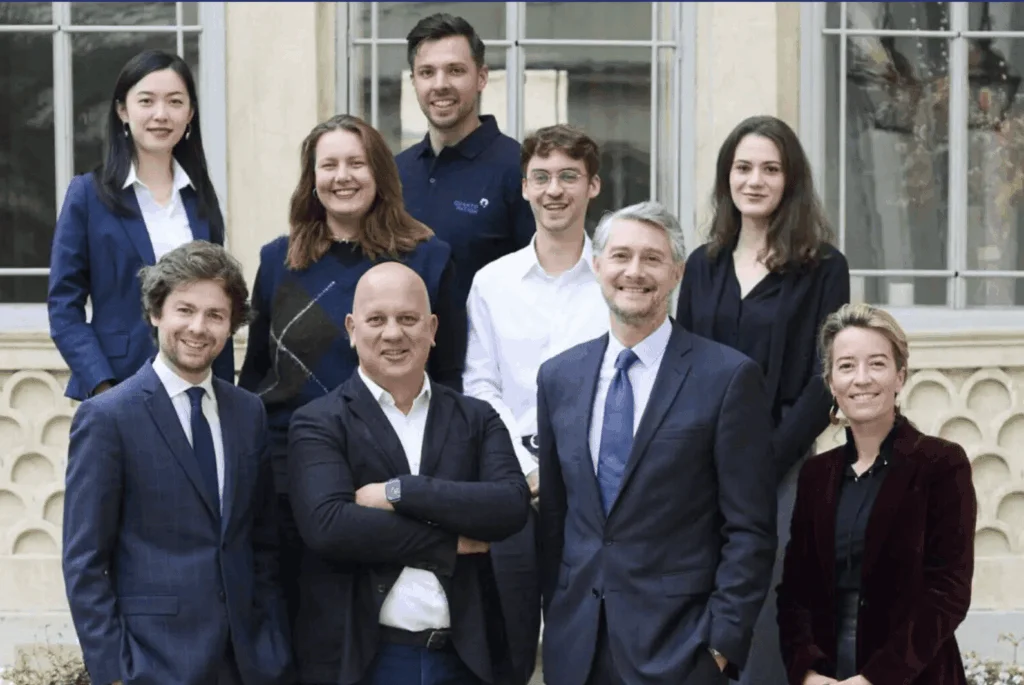
Early Adopters
While quantum computing (QC) finds its feet, by way of reducing error correction of the qubits, becoming less expensive to build and gaining acceptance by the wider scientific community as being a real solution that current technology has no answer in solving, there will be limits to its efficacy.
This is not a bad thing. Caution is a prerequisite if we are to move forward. No point being all slap-dash about it and end up with an inferior product.
The time of innumerable use cases in the space which can bring efficiency and value to society is still decades away, yet that doesn’t have to mean we can’t start being ambitious now.
The early adopters — if they can remain in the game in some way — have a huge advantage over those that join the race later on. This will especially be true for those QC startups that specialize in innovation in the pharmaceutical industry.

One company currently there is Swiss-based, software-driven, experimental chemistry startup ChemAlive SA.
ChemAlive SA
The startup, founded in 2014 in the beautiful city of Lausanne, Switzerland’s fourth-largest and situated on the shores of Lake Léman, is a good place to begin and run a startup as the tech-friendly environment is on a high level.

The startup’s mission in all this is to:
‘accelerate and enliven our client’s research chemistry with accurate and actionable computational quantum chemical data. We serve our clients by delivering quickly, and at scale, key guiding metrics to reduce time-to-market and create clarity and direction for complex research challenges in the following areas’
ChemAlive’s three founders Peter Jarowski, Laetita Bomble and Thomas Eaton each have their own specialist areas they hope will drive them on competitively in the market.
With a Ph.D. from the University of California, co-founder Jarowski also acts as director of the startup. A self-proclaimed New Yorker, Jarowski is a well-travelled entrepreneur and academic with a vast amount of experience in the chemistry sector.
In an interview last year with Startuprad.io, an English-speaking podcast and YouTube channel dedicated to early and later-stage startups and fintechs from Germany, the American had this to say about ChemAlive’s philosophy and business goals:
‘We are democratizing the use of very state-of-the-art and accurate calculations to make predictions about the properties of molecules and the changes that molecules undergo, otherwise known as reactions…’
There is no doubt that what they are trying to do will need patience, know-how and capital.
Whether they have the first one is not for me to say. Yet where the startup is based, ‘know-how’ and ‘capital’ will never be in short supply. This will obviously work in the startup’s favour, especially when trying to attract potential investors.
So far, the startup has managed to raise a grant in 2017 through MassChallenge, a global non-profit startup accelerator whose focus is ‘high-impact startups’.
ConstruQt
ChemAlive’s showcase product, the ConstruQt software, which is available on the startup’s website, empowers ‘automated library-scale deployment of quantum chemical calculations to transforms molecular drawings into accurate 3D structures and energies of conformational, tautomeric and stereoisomeric space’
As more and more startups (as well as the large multinationals) see the value quantum information science can bring to the pharmaceutical industry in both R&D and improving upon the already well-established technology, it is startups like ChemAlive that will be crucial.

Let’s hope they find a way to move forward.
[Our software can] ‘make predictions that should guide you. It’ll never replace doing the experiment but it will give you the ability to sort and manage the things you need to do.’
— Peter Jarowski, CEO and co-founder of ChemAlive
















